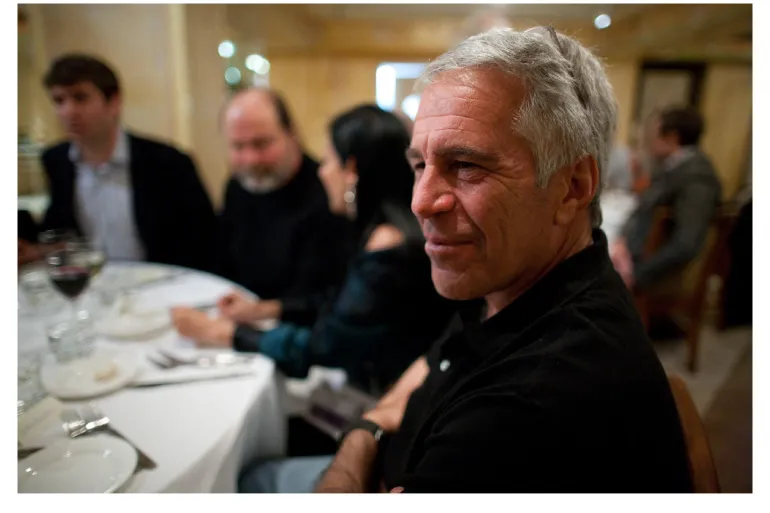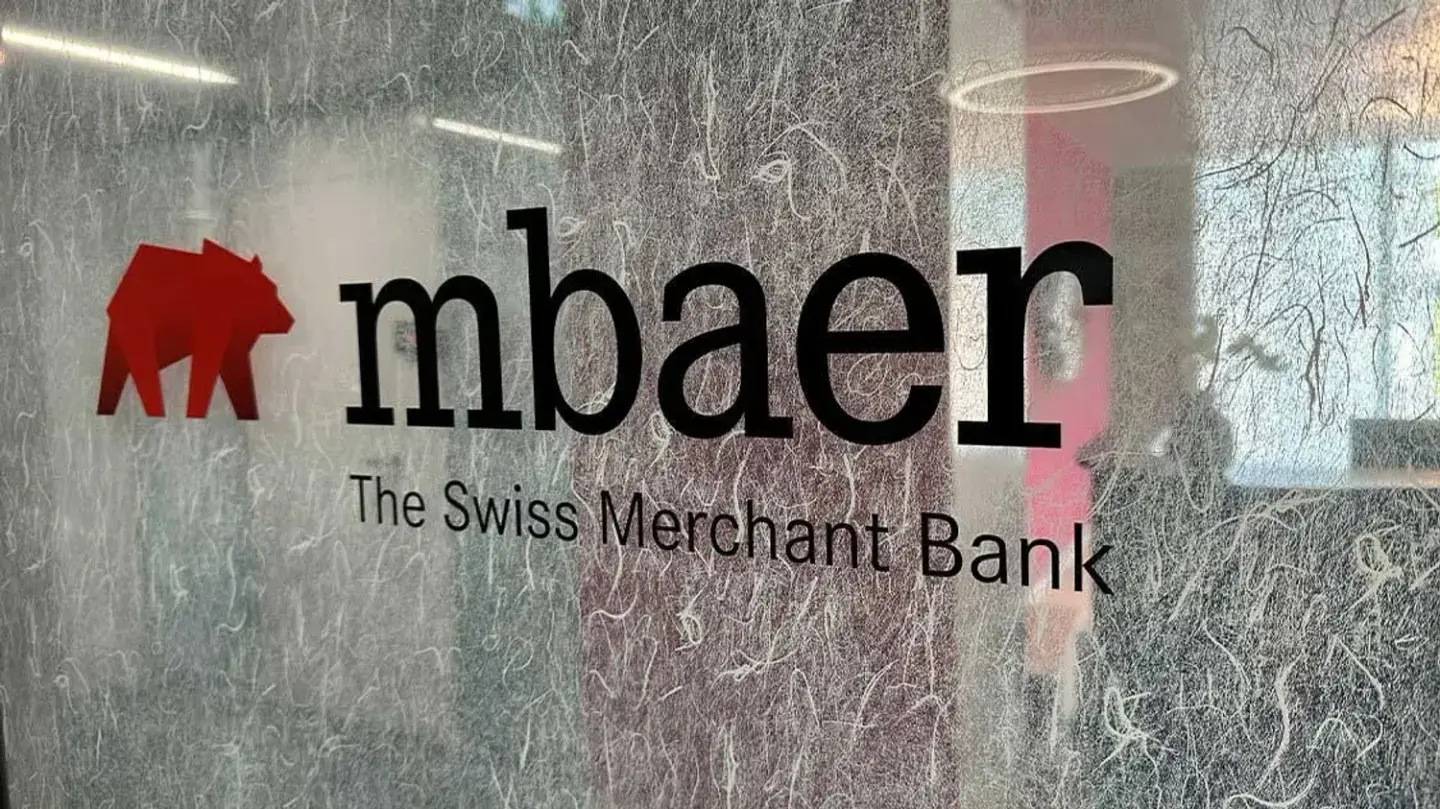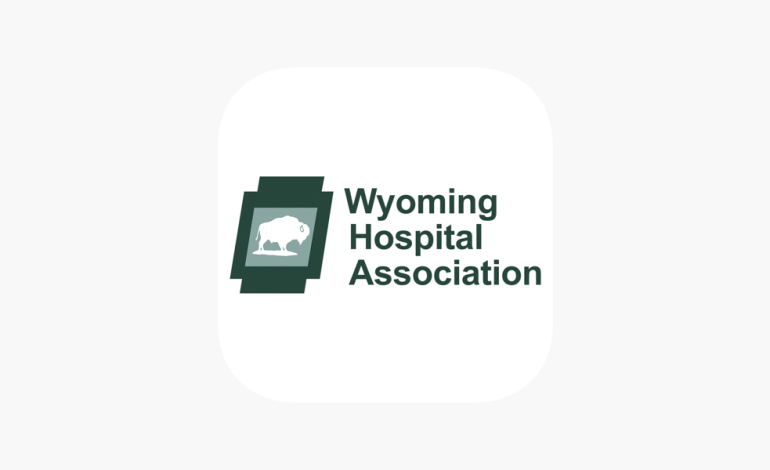Wyoming’s small-town hospitals are already fighting uphill battles—recruiting providers, caring for aging patients, and keeping the lights on with razor-thin margins. Now, new state and federal policies may make that climb even steeper, according to Eric Boley, president of the Wyoming Hospital Association, Gillette News Record reports.
Boley met with about 40 residents and health care workers at Three Rivers Health in Big Horn County last week, warning that many facilities are teetering on the edge. A recent study showed only five of Wyoming’s 30 hospitals are in the black, while several others are one bad month away from shutting their doors. In Rawlins, for instance, there were reports of only “a day or two” of cash on hand.
At the state level, hospitals are bracing for the effects of property tax reform. Lawmakers already cut property taxes by 25% and are eyeing another 25% reduction next session. For critical access hospitals—19 in Wyoming, including Three Rivers—those local tax dollars often make the difference between survival and closure.
“Some of our hospitals only exist because they can levy mills,” Boley said.
Three Rivers itself has clawed back from the brink, CEO Joel Jackson told the crowd. Two years ago, the hospital had less than 10 days of cash. Today, it’s built up reserves of $1.2 million and hasn’t needed property tax money in two years. But looming equipment upgrades and depreciation costs still add up to millions.
“We have to eventually borrow or generate enough revenue to replace that,” Jackson said.
On the federal side, July’s so-called “Big Beautiful Bill” could be a mixed bag. States that expanded Medicaid may get hit hardest, Boley said, while Wyoming—one of 10 states that didn’t—may look “like geniuses” for opting out. Still, he noted, the state left more than $1 billion in potential funding on the table.
Boley is especially worried about the insurance exchange. Mountain Health Co-Op is pulling out of Wyoming at year’s end, leaving only Blue Cross Blue Shield and United Healthcare. Without congressional action to extend premium subsidies, he warned, exchange premiums could skyrocket—possibly 200% higher next year. That affects roughly 46,000 Wyomingites.
“If that happens, a lot of people will just go uninsured,” Boley said. “And when they get sick, they’ll still show up in our ERs—only sicker, and costing even more.”
One bright spot: the bill includes a $50 billion stabilization fund for rural health care transformation. Wyoming facilities can apply for up to $100 million the first year, though the money can’t be used for building projects.
But with politics shifting and trust between lawmakers and hospital leaders fraying, Boley isn’t optimistic.
“It’s more and more difficult for us to educate elected officials,” he said. “What we have to say is heavily discounted.”
Jackson brought the conversation back to the community level. His message was simple: use your local hospital or lose it.
“I need you to come here when you need care,” he told the crowd. “If you had a bad experience, talk to me, and maybe give us another chance. And then tell your friends and neighbors. If people stop using a service, it goes away.”










The latest news in your social feeds
Subscribe to our social media platforms to stay tuned